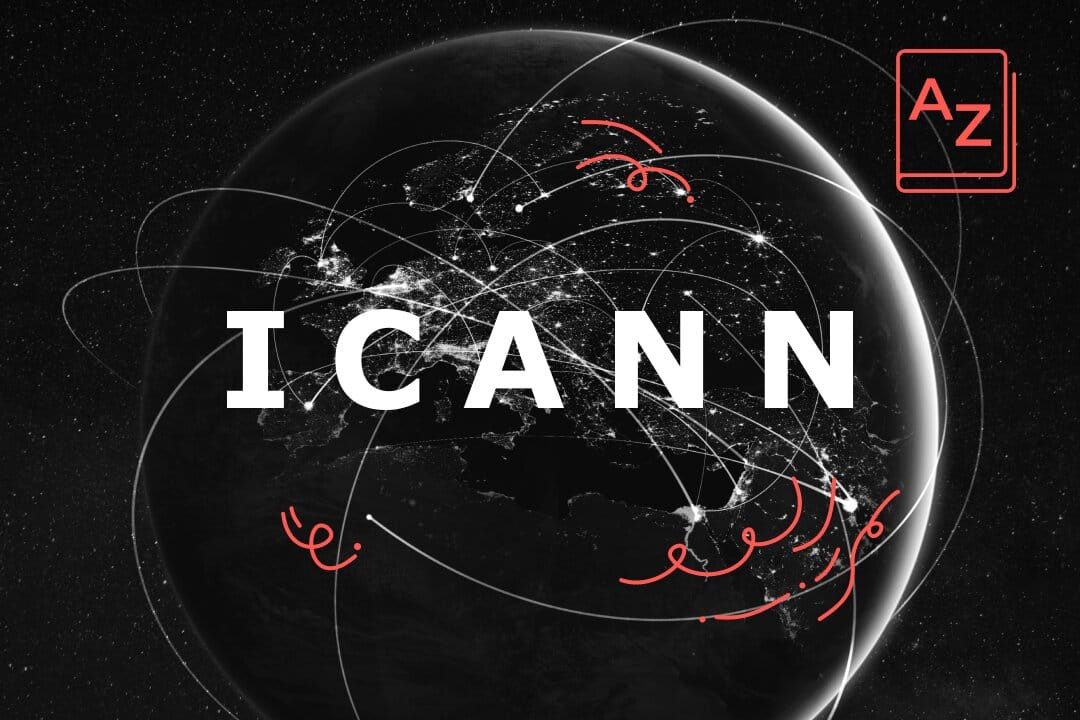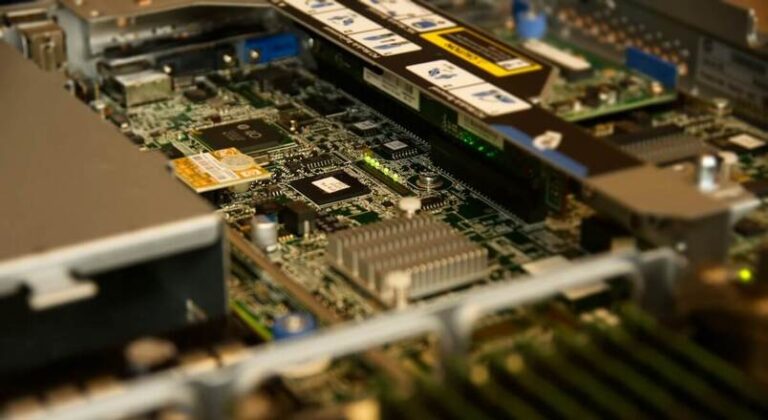Understanding ICANN: The Organization Behind Internet Management
The internet is a vast and intricate system, and most of us use it daily without giving much thought to how it operates. However, behind the scenes, organizations like ICANN play a crucial role in keeping the internet structured and functional.
But what exactly is ICANN, and why is it important? Let’s break it down in simple terms.
—
What Does ICANN Stand For?
ICANN stands for the Internet Corporation for Assigned Names and Numbers. While the full name is quite a mouthful, the acronym (pronounced “eye-can”) is much easier to remember.
In essence, ICANN helps maintain the internet’s infrastructure, ensuring that it remains organized and operational. However, it’s important to note that ICANN does not control the internet itself—no single person, organization, or government has that power.
Originally, the responsibilities that ICANN now oversees were handled by a single computer scientist, Jon Postel. As the internet expanded rapidly, the U.S. government recognized the need for a more structured approach. In 1998, based on a proposal from the National Telecommunications and Information Administration (NTIA), ICANN was established. By 2016, it transitioned away from U.S. government control, becoming an independent entity.
—
What Does ICANN Do?
ICANN plays a fundamental role in managing key aspects of the internet, including:
– Maintaining the Domain Name System (DNS)
– Overseeing IP address allocation
– Managing root servers
– Ensuring internet stability and security
ICANN is responsible for coordinating around four billion IP addresses and 180 million domain names across 240 countries. Its primary objective is to ensure that the global internet functions smoothly and consistently, regardless of where users are located.
This concept is known as universal resolvability, meaning that when you type a web address like OnlyDomains.com, you always reach the correct website.
—
Why Is ICANN Important?
Beyond keeping the internet running efficiently, ICANN also plays a role in maintaining security and fairness. While it doesn’t regulate online content or prevent spam, it does establish policies to keep the internet stable.
ICANN ensures that all devices on the internet can communicate effectively by managing unique identifiers such as IP addresses and domain names. Additionally, it promotes competition by setting rules for domain registrars and can revoke accreditation from registrars that fail to comply with regulations.
—
ICANN and the Domain Name System (DNS)
To understand ICANN’s role in DNS, it’s important to first understand what DNS does.
The Domain Name System (DNS) translates human-friendly domain names (like OnlyDomains.com) into numerical IP addresses that computers use to communicate. Without DNS, users would need to remember long strings of numbers instead of simple website names.
Each domain name consists of:
– A Top-Level Domain (TLD), such as .com or .org
– A Second-Level Domain (SLD), which is typically the brand or company name
ICANN oversees a network of accredited domain registrars, which are responsible for selling domain names to users. Each time a domain is registered, the registrar pays a small fee to ICANN.
—
ICANN’s Role in IP Address Management
IP addresses are unique numerical identifiers assigned to devices on the internet. To prevent duplication and ensure smooth communication, ICANN oversees the allocation and distribution of IP addresses.
This is done through:
– The Internet Assigned Numbers Authority (IANA)
– The Address Supporting Organization (ASO)
ICANN does not assign individual IP addresses directly to users. Instead, it allocates blocks of addresses to internet service providers (ISPs), companies, and educational institutions, which then distribute them to individual devices.
—
ICANN and Root Servers
The DNS system operates in a hierarchical structure, with root servers at the top. These servers store information about top-level domains (TLDs) and help direct users to the correct websites.
When a user enters a domain name, the root server translates it into the corresponding IP address and directs them to the correct location.
There are 13 primary IP addresses that serve the DNS root zone, with ICANN managing one of them—the ICANN Managed Root Server (IMRS). The remaining 12 are operated by various independent organizations, ensuring the accuracy and security of the data.
Although there are only 13 root IP addresses, each one has multiple servers, bringing the total number of DNS root servers worldwide to over 600.
—
How ICANN Makes Decisions
ICANN follows a







